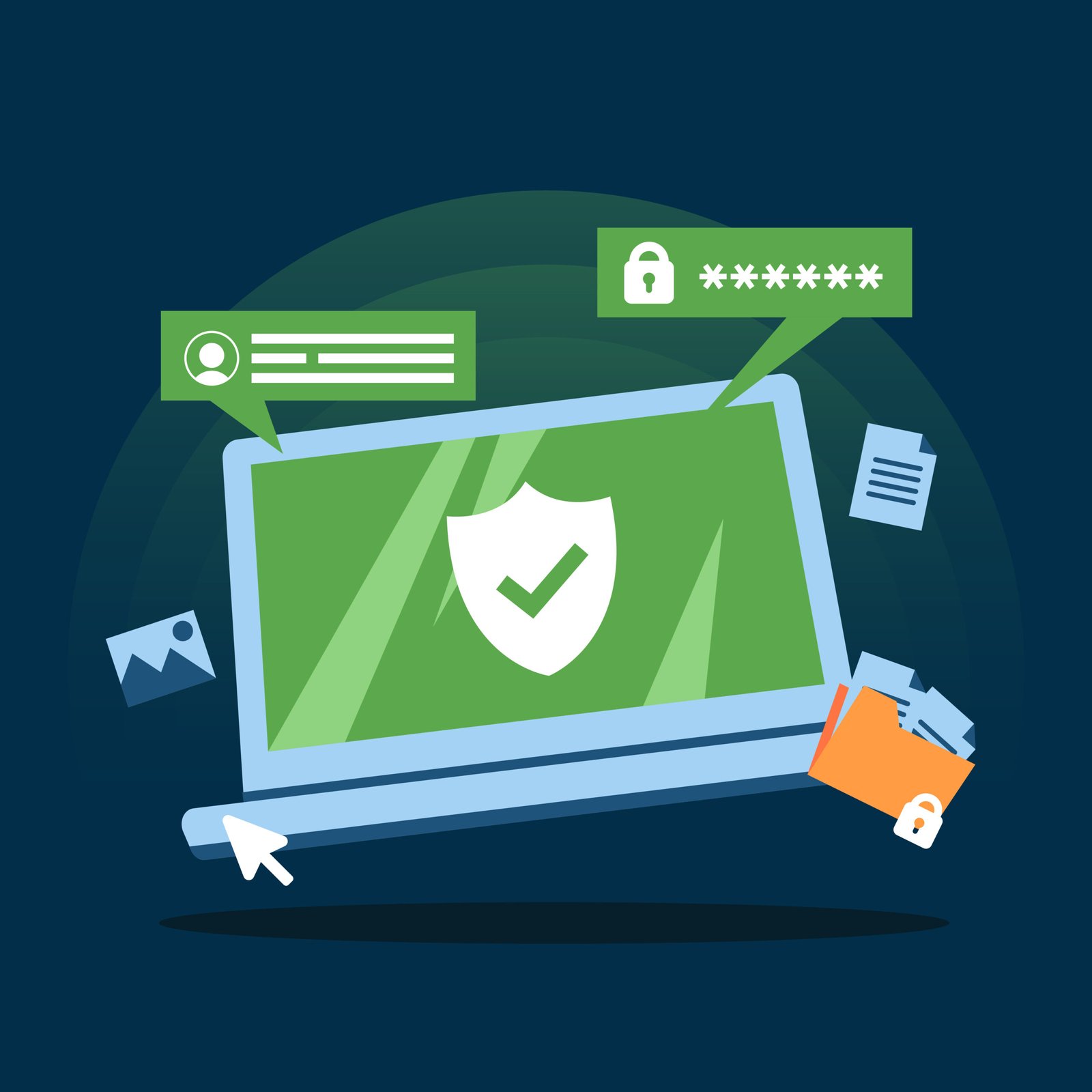The Threat Landscape: Imagine you are exploring a huge city. You do want to know which areas are safe and which are best avoided. Online threats like phishing scams, malware, and identity theft are the most common and dangerous also. Hackers use these to exploit to collect your personal data and use it against your will and blackmail you.
Browser Updates: Would you leave your front door unlocked in a evolving big city? Keeping your web browser updated is like locking your door. it keeps the strangers out. Developers are always patching up security holes, so an updated browser is your first line of defense otherwise you are lacking at your first security step

Secure Connections: Have you Ever noticed how some website addresses start with “HTTPS” while others with just “HTTP“? That extra “S” stands for “secure”. It’s like choosing to walk down a well lighted secure street instead of a dark alley and unsure of your security, encrypting your data so that only the intended recipient can understand it and others who are not intended can understand the data cause its encrypted.
Two-Factor Authentication: Its a buddy system. Remember the buddy system from school trips? Two-factor authentication (2FA) works on the same principle. Even if someone discovers your password they can’t access your account without the second verification step because they don’t have your buddy after all.
Phishing Scams: you wouldn’t hand over your wallet to someone who just asks for it right? Phishing scams are the digital equivalent of suspicious strangers. They duplicate legitimate requests to trick you into giving up personal info and its scary. Always double check who’s asking otherwise you now know what kind of harmful threat you might have.
Unique Passwords: unique passwords for each online account keep your digital doors securely locked. Password managers can help you juggle the different passwords without losing any. Using the same key for every lock in your house isn’t wise. Now days with the help of advance hacking methods guessing passwords isn’t a big deal.
Install Security Software: security software guards your computer against intruders. Regular updates and scans ensure that your digital home remains unharmful to viruses and malware. Just as you’d install an alarm system at home, just like that you should look into security software guards applications and services.
Be Aware of Downloads: Downloading files online is like picking up freebies in the city. Sometimes, what looks like a great deal can be a trojan horse for malware. Stick to trustable sources and authorized sites for your downloads much like you’d only take flyers from trustworthy vendors.
Home Network Security: Your home Wi-Fi is your personal digital space. Securing it with strong encryption and a strong unique password is like ensuring your home’s doors are fortified and well locked. And when out and about a VPN is like a secure tunnel keeping your online travels private.
Account Monitoring: keeping an eye on your online accounts for any unusual activity helps catch and mitigate any breaches early on. you’d regularly check if your wallet is still in your pocket similarly you have to monitor your accounts for unusual activities.
Think of the internet as a dynamic cityscape, full of life and opportunities but also risks not only risk huge risk it can destroy many people life. By adopting safe browsing habits you are not just protecting your data you are ensuring a safe journey through this digital expanse. Just like a savvy city dweller, staying informed, alert, and prepared makes all the difference. Welcome to the digital age where safety and vigilance go hand in hand with exploration and innovation.
Stay safe don't get harvested by these hackers be sharp.
